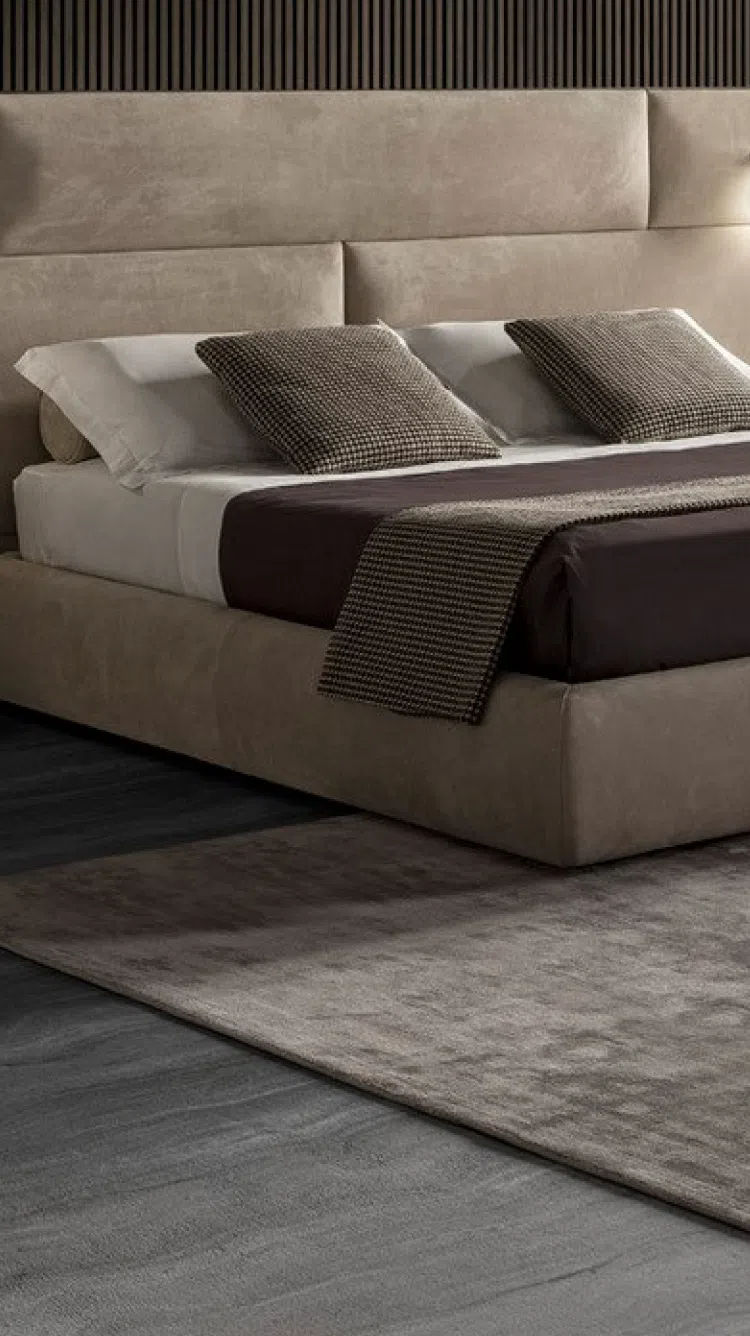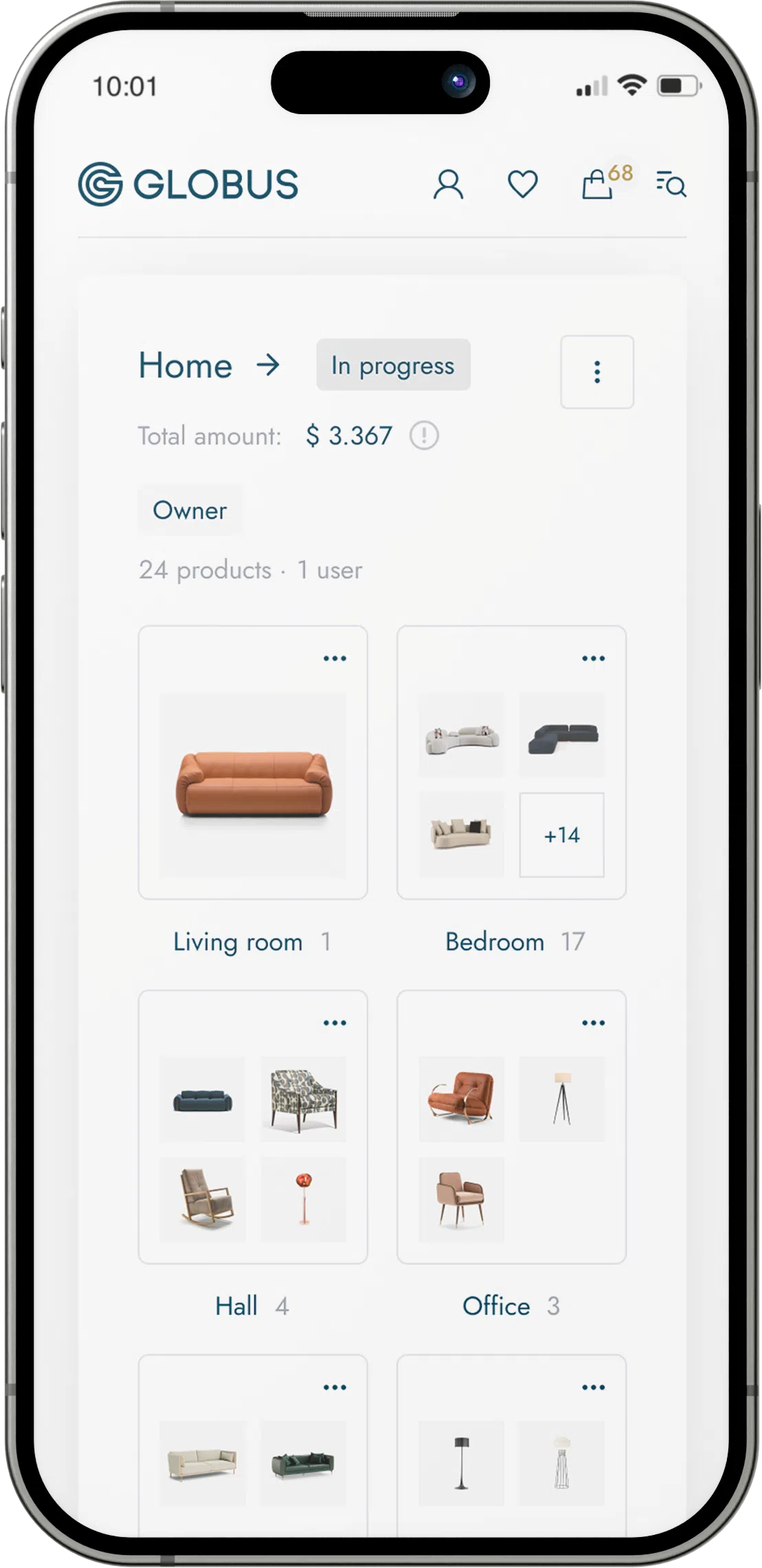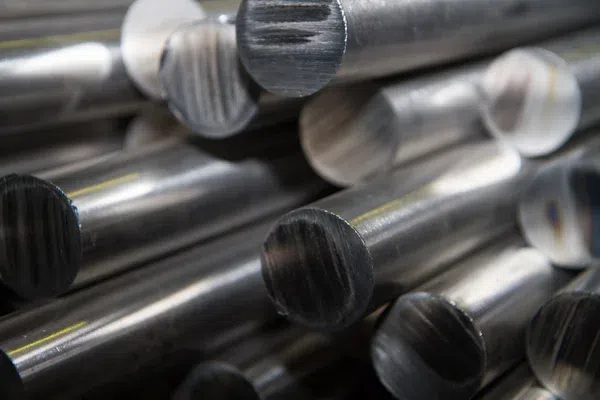Titanium is a lustrous transition metal with a silver color, low density, and high strength. It is known for its outstanding corrosion resistance and ability to withstand extreme temperatures. In the context of furniture, titanium isn't used as extensively as materials like wood or steel, but its specific properties make it desirable for niche applications or high-end furniture designs. Below are some aspects of titanium as a material for furniture:
Strength and Durability: Titanium is exceptionally strong, rivaling the strength of steel while being about 45% lighter. It has an extremely high strength-to-density ratio, which makes it an excellent option for creating sturdy, long-lasting, but lightweight furniture.
Corrosion Resistance: Titanium forms a passive oxide layer that protects it from corrosion. This makes it highly resistant not only to water and humidity but also to a variety of chemicals. Furniture made from titanium can be used in outdoor settings or in environments prone to corrosive substances without significant deterioration.
Biocompatibility: Titanium is biocompatible, meaning it is not harmful to living tissue. This property, while more critical in medical applications, can also be beneficial in furniture items, especially those intended for public or sensitive environments. There's no risk of allergic reactions or toxicity.
Aesthetic Appeal: The natural luster of titanium gives it a modern and high-tech appearance. It's often used for accents or details in furniture to create a contemporary look. Its ability to be anodized allows for a range of colors to be applied to the metal, providing design flexibility.



